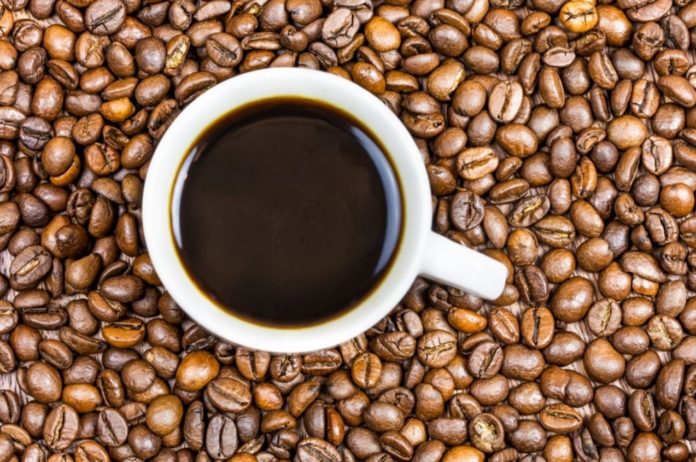If thinking about another sleepless night fills you with fear, you may have to reassess your relationship with caffeine. The stimulant could be hurting you more than you realize.
Caffeine can be found in “decaffeinated” coffee, normal coffee, tea, chocolate, hot chocolate, ice cream and some painkillers. When exactly do you need to get this last taste of caffeine to go to bed?
The Sleep Foundation says caffeine “blocks sleep-inducing chemicals in the brain”.
Moreover, the most popular medicine in the world can increase the production of adrenalin.
- Does This Mean We Stopped Being Animal and Started Being Human Due to ‘Copy Paste’ Errors?
- The One Lifestyle Choice That Could Reduce Your Heart Disease Risk By More Than 22%
- Aging: This Is What Happens Inside Your Body Right After Exercise
- Immune-Boosting Drink that Mimics Fasting to Reduce Fat – Scientists ‘Were Surprised’ By New Findings
- Gun Violence in America: What They Don’t Talk About at the Debate
Three cups of coffee per day is regarded as a “moderate” amount, while six or more cups is rated as “excessive”.
Caffeine enters the bloodstream through the stomach and small intestine; it can take as little as 15 minutes to feel the effect after consumption.
Did you know it takes about six hours for one half of the caffeine to be eliminated?
That means it could take, on average, around 12 hours to get rid of caffeine in your system after having your last caffeine hit.
With this fact in the forefront of your mind, it would make sense if you’re having trouble falling asleep to try to reduce or eliminate caffeine from your diet.
Say, for example, you go to bed for 11pm, this means your last taste of caffeine would need to be consumed by 11am.
Numerous studies suggest people can develop caffeine dependency, with withdrawal symptoms including:
- Headaches
- Fatigue
- Muscle pain
The appetite suppressant can increase alertness, reduce fine motor co-ordination, cause nervousness, dizziness and insomnia, testified the Sleep Foundation.
Sleep hygiene
In order to sleep better at night, as well as avoiding caffeine 12 hours before bedtime, there are sleep hygiene practises you can adhere to.
These involve maintaining a regular bed and wake schedule, even on your time off from other commitments.
Ensure you sleep on a comfortable mattress and pillows, and try to reserve the bedroom for sleep and sex.
Establishing a regular, relaxing bedtime routine may also be helpful, as well as making sure the bedroom is dark, quiet, comfortable and cool.
It’s advised not to go to bed following a heavy meal. It’s best not to eat at all up to three hours before hitting the hay.
Although alcohol is defined as a depressant, the Sleep Foundation recommends avoiding it close to bedtime.
“It can lead to disrupted sleep later in the night,” explained the organisation.
Exercising close to nighttime can also keep you awake, so try to get in your daily exercise a few hours before you aim to go to bed.
Dehydration
So now caffeine and alcohol are scratched off the drink list before bed, do remain hydrated by drinking water.
“Going to bed even mildly dehydrated can disrupt your sleep,” said the Sleep Foundation.
“Dehydration causes your mouth and nasal passages to become dry, setting you up for sleep-disruptive snoring and a parched throat and hoarseness in the morning,” it added.
This doesn’t mean guzzling down a litre of water before bed – otherwise you’d be waking up during the night to use the bathroom – instead, slow and steady wins the race.
- Does This Mean We Stopped Being Animal and Started Being Human Due to ‘Copy Paste’ Errors?
- The One Lifestyle Choice That Could Reduce Your Heart Disease Risk By More Than 22%
- Aging: This Is What Happens Inside Your Body Right After Exercise
- Immune-Boosting Drink that Mimics Fasting to Reduce Fat – Scientists ‘Were Surprised’ By New Findings
- Gun Violence in America: What They Don’t Talk About at the Debate
“Focus on drinking plenty of non-caffeinated fluids regularly throughout the day,” said the Sleep Foundation.
Image Credit: Getty
